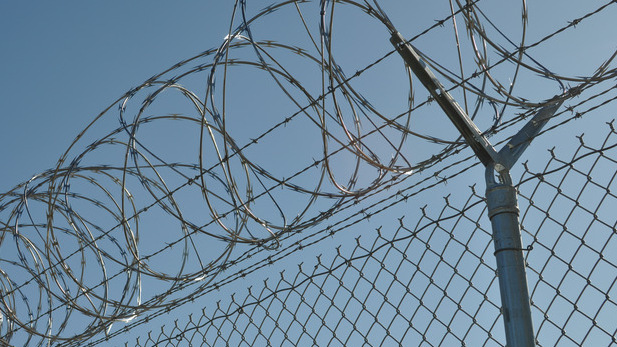
A tribunal in South Australia has heard that authorities put an intersex woman in a male prison, despite a judge asking that she be housed in the women’s facility.
The woman has lodged a discrimination complaint against the Department of Correctional Services (DCS) and the Central Adelaide Local Health Network (CALHN) saying that they broke the state’s Equal Opportunity Act in the services they provided to her.
The complainant was born as an intersex person and assigned female at birth. As a child she was given a male name and transitioned to living as a male. In 2014 she transitioned to female and took hormone replacement therapy. Her documentation shows that she is female.
In 2019 the woman was arrested and the court ordered that she be remanded in custody. The magistrate made orders noting that she identifies as female, and recommended that she be sent to a women’s prison.
The woman claims that while in custody she was exposed to cruel and degrading treatment. She was then transferred to several hospitals before being transferred to home detention. The charges in the case were later withdrawn.
In 2020 the woman was charged with further offences and was again remanded in custody. She was initially taken to the women’s prison but was then transferred to Yatala, a male facility.
The woman claims that here she was subjected to further ridicule, denied access to medication, and was subjected to invasive medical examinations without consent. She has also alleged that guards at the facility asked inappropriate questions about her genitalia and refused to address her by the correct female pronouns.
Both services had asked for the Tribunal to throw out the complaint, citing a lack of detail in when individual incidents occurred. However, the tribunal disagreed and ordered that the case be heard.
The tribunal noted that department’s policy on Transgender and Intersex Offenders had clear guidelines for staff on how cases should be managed including specific rules around strip searches, privacy, and a process to determine if a prisoner is housed in a male or female facility.
In a statement the Department of Correctional Services said it was committed to meeting the needs of transgender and intersex prisoners.
“DCS is committed to meeting the needs of transgender and intersex offenders and prisoners, while seeking to ensure their safety and the safety of others is not compromised,” the spokesperson said.
“The department’s relevant policies ensure transgender and intersex offenders and prisoners are treated with equivalent respect and dignity that is accorded to all offenders.
“Given this matter is still before the court, no further comment can be made.”
The matter will return to the tribunal at a later date.
OIP Staff
You can support our work by subscribing to our Patreon
or contributing to our GoFundMe campaign.






